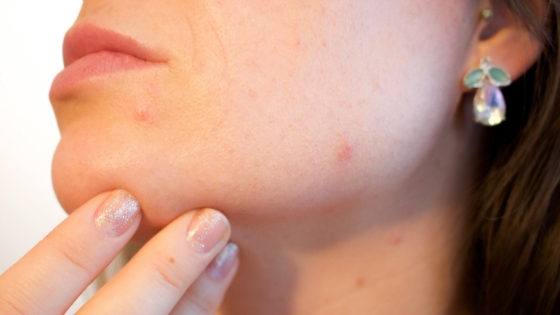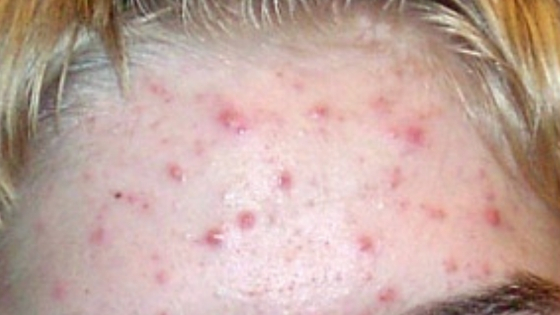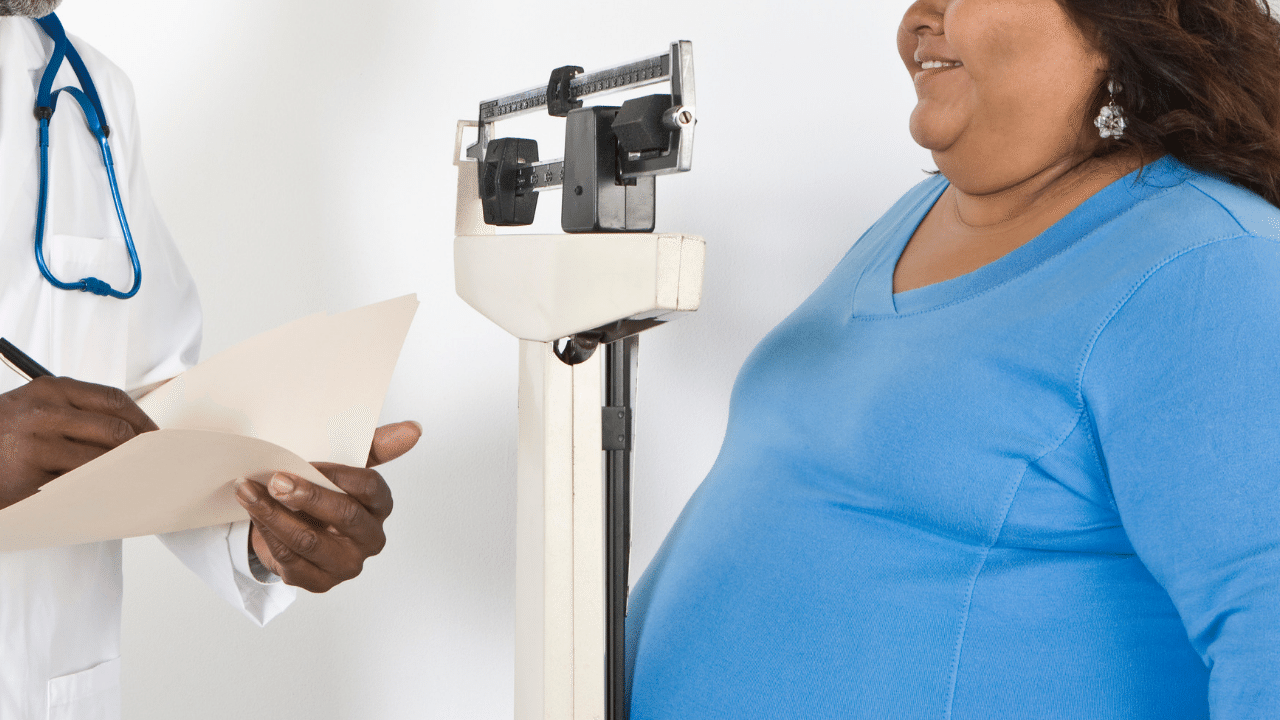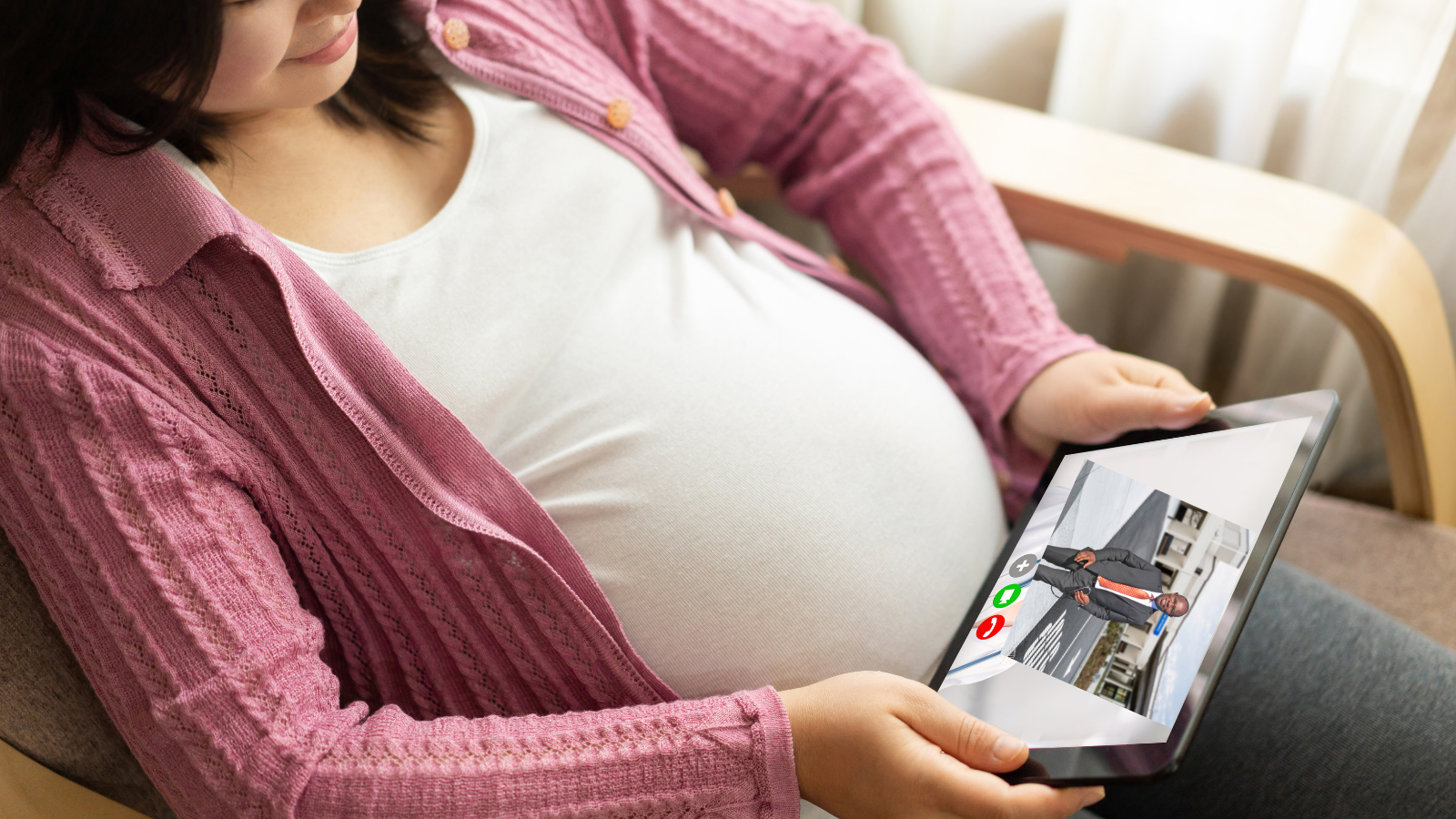Sign up to our newsletter and receive a free ebook!
Acne: Understanding The Causes And Best Treatment Approach
All Acne are not the same. Understanding the type of pimples or spot you have is the first step to achieving a cure. Yes, you can cure your acne and enjoy a beautiful face again. We bring you expert advice and tips on how to do this and win your fight against this skin condition.

Are you struggling with spots and breakouts on your face, back and or chest? What treatment options have you tried so far?
Does it seem like all your efforts are not paying off? Do not despair.
Acne is certainly curable.
With the right combination of medications and patience, you can overcome acne and get back that smooth lovely face you long for. Seriously!
The trick to successful acne treatment is ensuring that:
- Your type and grade of acne is correctly identified and
- The right medication or combination of medications for your particular acne grade is being used.
It is also important to be patient even with the use of the right treatment. Whatever medicine you are using, you need to persevere with its use for at least 2 to 3 months on the average before an appreciable improvement or lack of, can be seen.
What Is Acne?

Acne is a very common skin condition.
- It causes eruption of small to large cone shaped spots or bumps with or without redness, pain and accumulation of white pus-like material inside the swelling.
- It is also called pimples, spots or zits.
- It mainly affects preteens (11 to 12 year old), teenagers and young adults. Though most times acne clears off in late teens or early 20s, in some people, it could persist up to age 30.
At least 4 out of every 5 teenager will suffer with varying degree of acne.
Acne can lead to poor self esteem and loss of confidence. Is that your experience?
Some youths have suffered with significant psychological pain, low job prospect, depression and suicide in extreme cases.
Causes of Acne

Acne is caused by excessive production of blockade of our sweat pores. These blocked sweat glands pores could become infected, causing the redness and pain associated with severe acne.
- The blockade is primarily caused by an increase in the hormone called androgen as young people starts to reach puberty. This androgen leads to increase in the production of excessive amount of the oily material in our skin called sebum
- The sebum clogs and blocks the sweat gland, leading to formation of spots
- When the spots get infected by acne bacterial, it forms painful bigger inflammatory acne with some redness.
- Emotional and physical stress as well as eating certain types of foods have now been found to be the main triggers of breakouts.
- Use of certain medications like steroids, phenytoin and oily cosmetics worsen acne too.
Acne is not caused by dirt.
Best Acne Treatment Products
If you suffer with acne, do not put up with it. It is treatable.
You may need to try a few medications until you find the one that really works for you. Before trying any medication, first be sure to understand the grade of acne you are dealing with.
Let's explain.
There are four acne types or grades. We highlight below what the best acne treatment products are that should match your acne type.
Grade One Acne
These are also called type I acne. It is the mildest form of this condition.
It is the grade of acne with a few scattered spots or comedones without redness or pain. It is usually made up of blackheads and or whiteheads only.
The best treatment option for this grade of acne are topical gels or creams containing retinoids and benzoyl peroxide like:
- Tactupump
- Panoxyl
- Adapalene
- Azelaic acid
- Retinoids.
These agents that help peel open, clogged pores and help clear acne. Topical retinoids are usually more effective or in combination with benzoyl peroxide.
Use of antibiotics for grade 1 acne is a complete waste of time. Don't do that.
Grade Two Acne
Grade two acne are acne eruptions with moderate amount of spots (comedones) and redness or inflammatory lesions.
If you experience pain on applying pressure to your pimples, you almost certainly have at least grade 2 acne.
Creams and gels containing both peeling agents (keratolytics) and antibiotics are a good fit for this type of acne.
Examples of such gels and creams include:
- Duac
- BenzaClin
- Benzamycin
- Epiduo.
Use any of these agents for at least 3 months.
Your doctor may also, in addition to these creams, prescribe oral antibiotics like:
- Tetracycline
- Minocycline
- Lymecycline
- Septrin
- Trimethoprim or
- Clindamycin in association with a keratolytic.
Grade Three Acne
Grade 3 acne is acne with several acne lesions and moderate to severe degree of redness, pain and some scarring.
The best treatment approach for grade 3 acne involves the use of oral antibiotics such as those listed above - tetracycline, minocycline, lymecycline, trimethoprim, or erythromycin.
Antibiotics should be used for at least 3 to 6 months.
Retinoids can also be included in the treatment of this type of acne along with antibiotics.
Contraceptive pills like Dianette 35 can also be used to treat grade 3 acne in women.
Where all fails, accutane treatment may also become necessary. Because of the potential side effects of accutane, it is usually reserved for the worst form of acne, especially when acne is having a psychological impact on the sufferer.
Grade Four Acne
Grade 4 acne is the worse type of acne.
You get large bumpy spots with cysts and severe scarring.
Retinoids - taken by mouth such as Accutane is best used here, as is the use of laser treatment for the treatment of scars.
If you suffer with any grade of acne and are of serious concerns to you, be sure to see your doctor to determine the best treatment approach for you.
You can get more information on the best treatment options for the various types here.
Stay Connected








New! Comments
Have your say about what you just read! Leave me a comment in the box below.